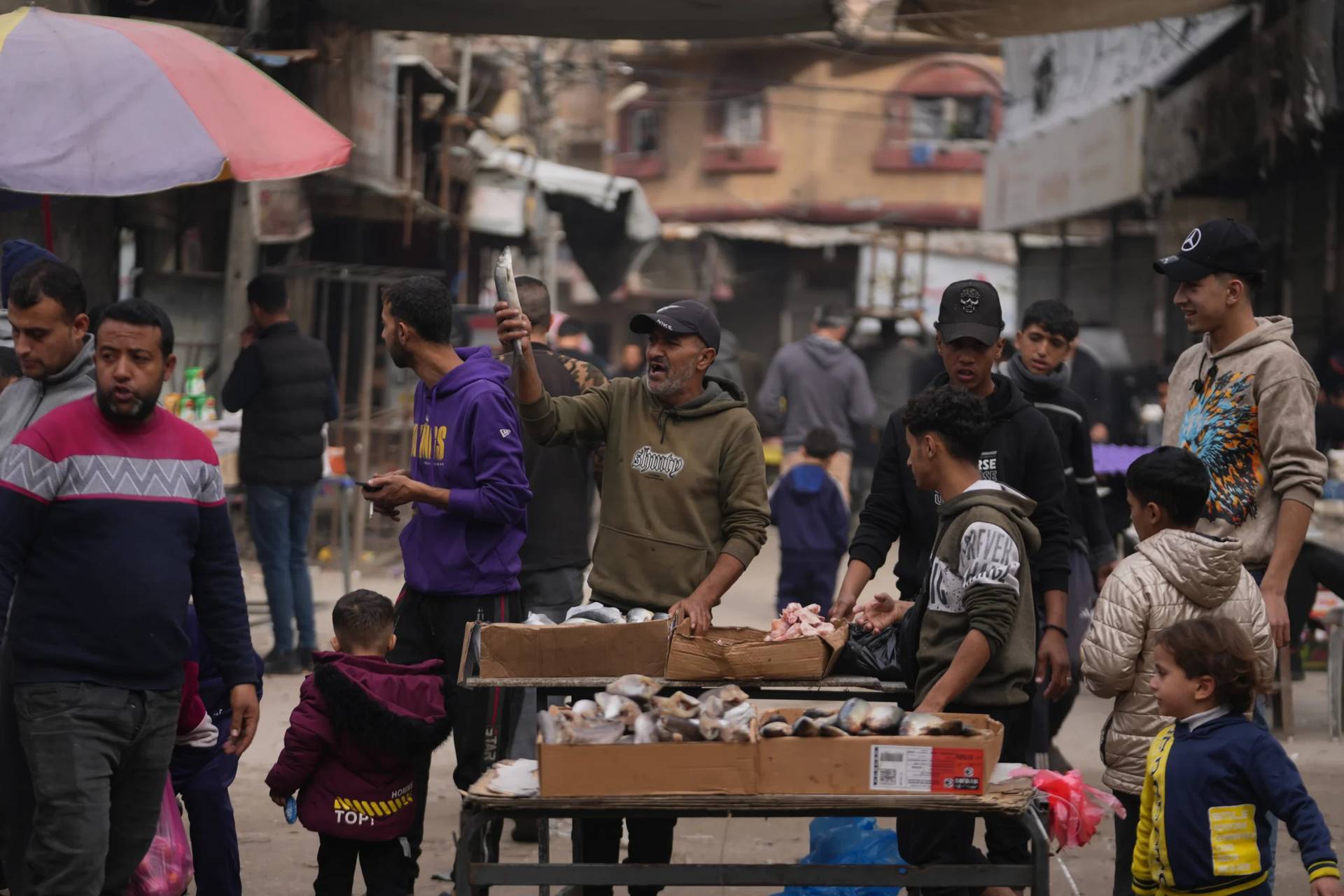YAOUNDÉ, Cameroon – As Kenya continues to count and bury their dead from the devastating Nakuru-Solai Dam collapse on May 9, the country’s Catholic bishops have offered their sympathies to the victims and called on all Kenyans to be each other’s keeper in their moment of grief.
At least 45 people are dead, 20 of them children.
It is the latest tragedy in a string of deadly floods that date back to March resulting from ongoing torrential rains, which followed a period of severe drought.
Nearly 200 deaths in Kenya have been attributed to the flooding, and over 225,000 people have been displaced.
Bishop Oballa Owaa of Ngong, the chairman of the Justice and Peace Commission of the Kenya Conference of Catholic Bishops, expressed the bishops’ sympathy over the deaths and devastation caused by the heavy rains.
“We are deeply saddened by the loss of human lives, injured people and the enormous material damage that has occurred throughout the country. The worst and most shocking tragedy was the collapse of the Nakuru-Solai dam that caused huge destruction of both life and property,” the bishop said in a statement.
“In these painful circumstances, I wish to express the solidarity and prayers of the Catholic Church in Kenya and our sincerest condolences to the relatives of the victims and to all those who are suffering the consequences of these many catastrophes. Our sympathy goes to you and to the people of Kenya.”
The bishops commended the efforts of disaster recovery teams and all helping those affected.
“We humbly request that both national and county governments step up their initiatives in responding to such tragedies. We call upon all Kenyans and other people of goodwill to come out and help our brothers and sisters who are in need of our help,” the bishop wrote.
Officials estimate that more than 2,000 people were made homeless within a two-mile radius, as the dam’s waters swept away homes and farmland. At least 450 houses are reported to have been destroyed.
Questions raised about the legality of the Nakuru-Solai Dam
Now, questions are being raised as to whether the collapsed dam was legally constructed in the first place. A report by the water resource regulator has stated that the dam was illegally constructed, and that it did not pass government conformity tests.
Elizabeth Luvonga, the spokesperson for the Water Resources Management Authority which oversees private dams, said other reservoirs on the same property in Solai – 120 miles northwest of Nairobi – also lacked the necessary documents.
“None of them have permits. That is why they are illegal,” she said
But the general manager of the 3,500–acre Solai farm,,Vinoj Jayakumar, blamed the dam collapse on the rains, and denied that the dam lacked government approvals.
“How can they say it is illegal?” he told Reuters. “It was not built today or yesterday. It was built 20 years back.”
Meanwhile, the public prosecutor’s office said Friday on Twitter that the police chief had been ordered “to carry out thorough investigations to establish cause and culpability if any” behind the disaster and file a report within two weeks.
Not Kenya’s problem alone
Across East Africa, heavy rains are bringing mayhem to locals – killing many, devastating their homes and washing away their farmlands.
The tragedy is compounded because the flooding is following a period of intense drought: In fact, when the rains began in March, a feeling of hope emerged in the region.
But that hope soon turned to sorrow.
“We all breathed a sigh of relief when the rainy season started strong in early March,” said Lane Bunkers, who works in Kenya for Catholic Relief Services.
“But now – two months later – we are seeing the consequences of the drought-ravaged land’s inability to absorb all the rain due to its degraded state,” he told DNA News.

















